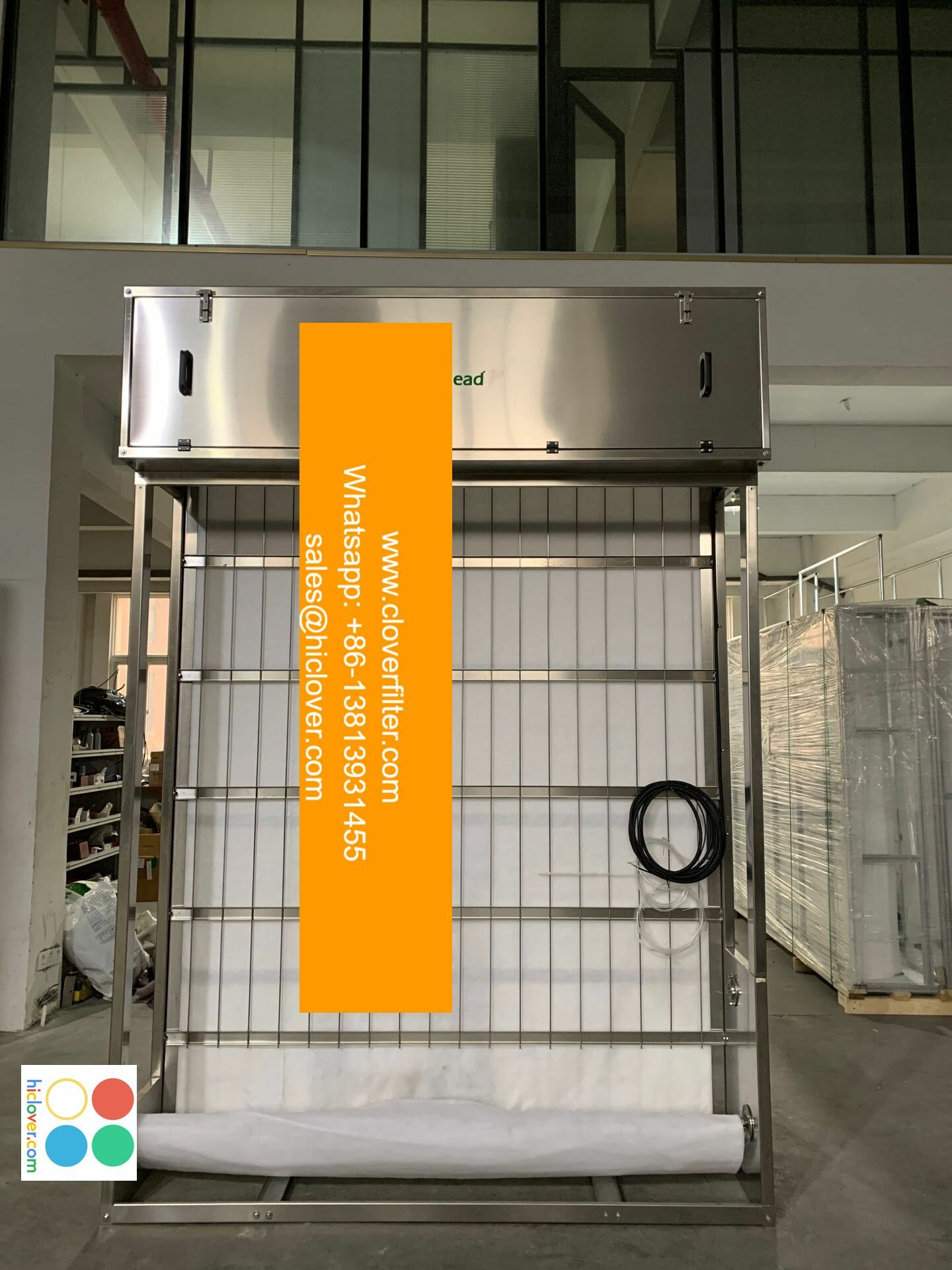The Average Air Filter Lifespan: Is Yours Still Within Range?

The Average Air Filter Lifespan: Is Yours Still Within Range?
Introduction
Air filters play a crucial role in maintaining indoor air quality, protecting your heating, ventilation, and air conditioning (HVAC) system, and reducing energy consumption. However, many of us forget to replace them regularly, which can lead to reduced airflow, increased energy bills, and even damage to our equipment. In this article, we’ll explore the average air filter lifespan and highlight the importance of regular replacement in various application areas.
The Average Air Filter Lifespan
The average air filter lifespan varies depending on the type, quality, and usage. Typically, a standard fiberglass filter lasts between 1-3 months, while a pleated filter can last up to 6-12 months. High-efficiency filters, such as HEPA filters, can last up to 12-18 months or more. However, it’s essential to check the manufacturer’s specifications and recommended replacement interval.
Application Areas
Residential Applications
In residential settings, air filters are essential for maintaining a healthy indoor environment. They help remove allergens, dust, and other particles from the air, reducing the risk of respiratory issues and other health problems. In most cases, residential air filters should be replaced every 1-3 months.
Commercial Applications
In commercial settings, air filters are critical for maintaining a clean and healthy work environment. They help reduce airborne contaminants, odors, and particles, improving indoor air quality and employee health. Commercial air filters typically require replacement every 6-12 months, depending on usage and occupancy.
Industrial Applications
In industrial settings, air filters are used to protect equipment and personnel from dust, particles, and other contaminants. They help reduce the risk of equipment damage, downtime, and maintenance costs. Industrial air filters often require replacement every 6-18 months, depending on the application and operating conditions.
Why Regular Replacement Matters
Regular air filter replacement is crucial for maintaining optimal indoor air quality, protecting your HVAC system, and reducing energy consumption. Here are some reasons why:
- Improved Indoor Air Quality: Regular replacement ensures that air filters continue to remove airborne contaminants, improving indoor air quality and reducing the risk of health issues.
- Extended Equipment Life: Dirty air filters can damage your HVAC system, leading to costly repairs and premature replacement. Regular replacement helps maintain optimal equipment performance.
- Reduced Energy Consumption: Dirty air filters can increase energy consumption by forcing your HVAC system to work harder to circulate air. Regular replacement helps reduce energy bills.
- Improved Airflow: Regular replacement ensures that air filters continue to provide optimal airflow, reducing the risk of reduced airflow and pressure drop.
Conclusion
In conclusion, the average air filter lifespan varies depending on the type, quality, and usage. It’s essential to check the manufacturer’s specifications and recommended replacement interval to ensure optimal indoor air quality, protect your HVAC system, and reduce energy consumption. Regular air filter replacement is critical for maintaining a healthy and efficient indoor environment in various application areas, including residential, commercial, and industrial settings.
I’m happy to help! Can you please provide more information on what you would like me to assist you with? Whether it’s a question, a topic, or a task, feel free to share and I’ll do my best to help.

